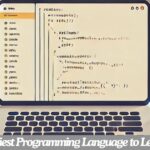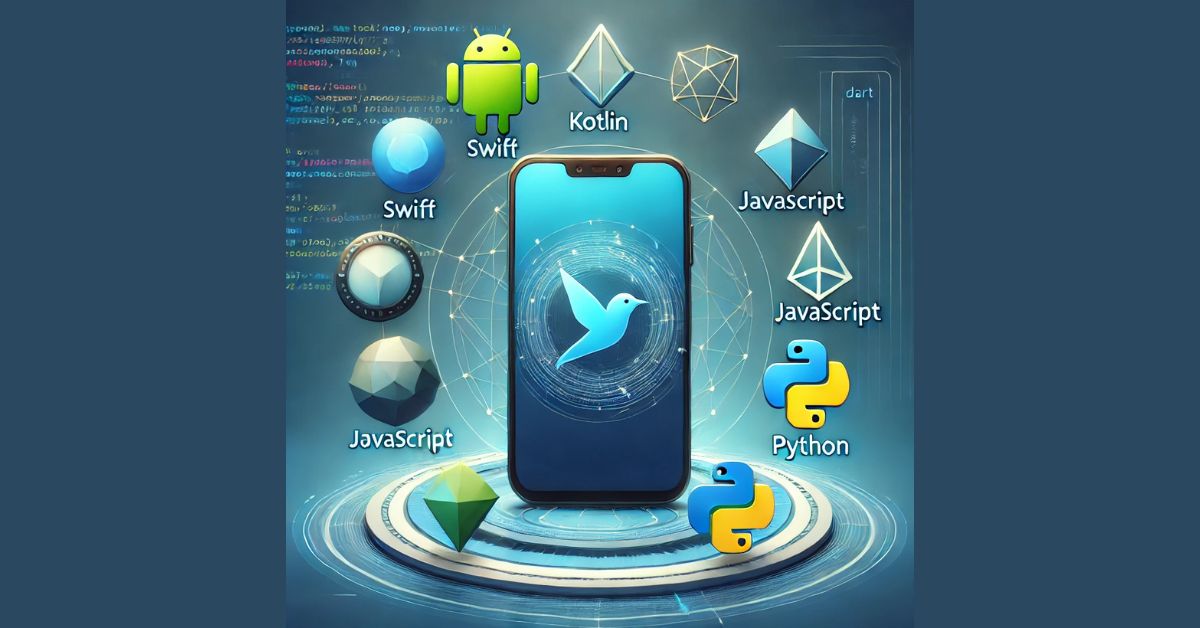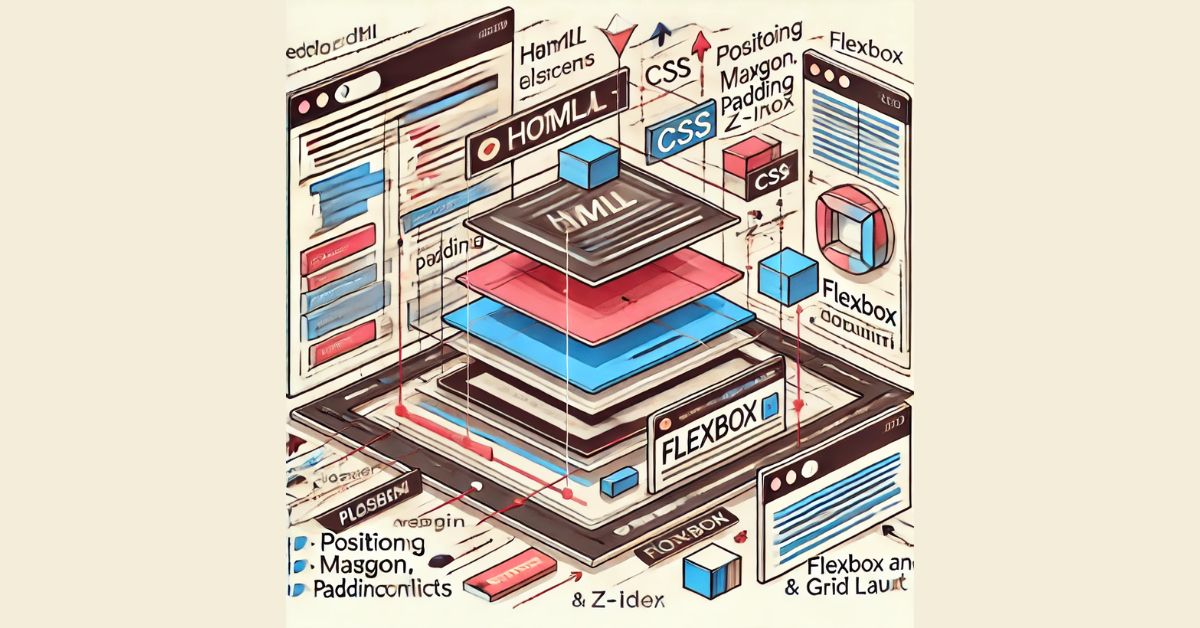In today’s fast-paced digital world, choosing the best mobile app language is crucial. It can make or break your app’s success. With the demand for easy-to-use apps, choosing the right language is vital. They must also be feature-rich. This guide covers the top mobile app languages. It lists their pros and cons. It also has tips to help you choose the best one for your project.
Why is Choosing the Right Mobile App Development Language Important?
Your choice of language for mobile app development affects many project aspects. It impacts development speed, performance, scalability, and cross-platform compatibility. A well-chosen language ensures:
- Smooth user experience (UX)
- Cost-effectiveness in development
- Future scalability and updates
- Easy integration with other technologies
Now, let’s explore the best languages to use for mobile app development.
Top Mobile App Development Languages in 2024
1. Swift
Ideal for: iOS Development Pros:
- Native support from Apple
- Fast performance and highly efficient
- Easy to learn for beginners Cons:
- Limited to iOS platform
- Smaller community than other languages
Swift is the go-to language for iOS app development, supported by Apple. It is known for its speed, security, and easy-to-read syntax. It lets developers create highly responsive, smooth apps. Swift is particularly beneficial for developers targeting the iOS ecosystem.
2. Kotlin
Ideal for: Android Development Pros:
- Official language for Android
- Interoperable with Java
- Highly expressive and concise syntax Cons:
- Slower compilation speed compared to Java
- Limited resources for learning
Kotlin is Google’s preferred language for Android app development. It has a modern, intuitive syntax. It is fully interoperable with Java. This makes it easier for developers to migrate from older Android apps. Kotlin helps in reducing code errors and enhances productivity.
3. JavaScript
Ideal for: Cross-platform Development Pros:
- Versatile and widely used
- Works with React Native for cross-platform apps
- Active developer community Cons:
- Lower performance for complex apps
- Can become slow with heavy computations
JavaScript powers popular frameworks like React Native. So, it’s a top choice for developers who want to build apps for both Android and iOS at once. It’s flexible and good for interactive UI/UX features. But, it may struggle with performance-heavy apps.
4. Python
Ideal for: Prototyping and Backend Services Pros:
- Easy to learn and implement
- Extensive libraries and frameworks
- Great for AI and machine learning integration Cons:
- Not the best choice for native mobile apps
- Slower performance compared to Swift or Kotlin
Python is an excellent option for app prototyping and backend development. Its clean syntax and vast libraries make it ideal for developers. They want to add AI, machine learning, and data-driven features to their mobile apps. However, Python is not commonly used for building high-performance native mobile apps.
5. Dart (with Flutter)
Ideal for: Cross-platform Development Pros:
- Supported by Google
- Single codebase for Android and iOS
- High performance and fast development Cons:
- Limited resources compared to more mature languages
- Larger app sizes
Dart, with the Flutter framework, enables efficient cross-platform mobile app development. It provides a smooth experience across both iOS and Android with a single codebase. Flutter is popular for making attractive apps. But, Dart’s community is smaller than Kotlin’s or Swift’s.
Conclusion
The best mobile app development language depends on your project’s needs. Consider if you want to target one or multiple platforms and the features you want to add. Swift and Kotlin rule iOS and Android. JavaScript and Dart are strong for cross-platform apps. Review your project goals, audience, and budget. This will help you decide what’s best for your app’s success.
Knowing the strengths and weaknesses of these app languages will help your project stand out. It will have great performance, a good user experience, and strong growth potential.
FAQs About Mobile App Development Languages
1. What is the best mobile app development language for beginners?
For beginners, Swift (for iOS) and Kotlin (for Android) are best. They are readable, easy to learn, and have strong community support.
2. Can I build both Android and iOS apps with one language?
Yes, frameworks like React Native (with JavaScript) and Flutter (with Dart) let you build Android and iOS apps with one codebase. They are cross-platform.
3. Which language is best for performance-heavy apps?
For the best performance, use native languages. Swift is for iOS and Kotlin is for Android. They are optimized for their platforms.
4. Is Python good for mobile app development?
Python is not commonly used for native mobile apps. But, it is excellent for backend development, AI integration, and data-driven apps.
5. What language should I choose for future-proof mobile apps?
For future-proofing your app, Kotlin for Android and Swift for iOS are solid choices. For a cross-platform app, use Flutter (Dart) or React Native (JavaScript). They are scalable long-term.










